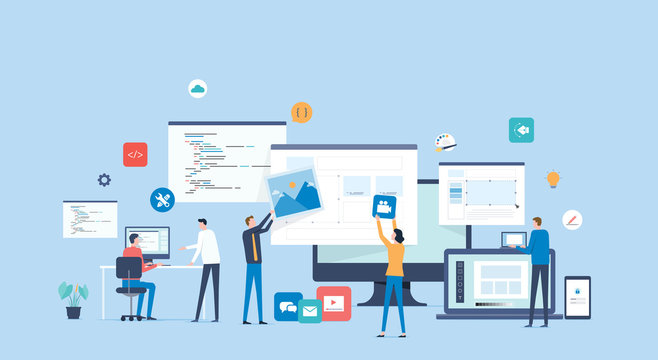Talent management has indeed become a crucial function for organizations in the current business landscape. As the competition for top talent intensifies, companies are increasingly relying on HRMS solutions to manage their talent more effectively. An HRMS, which is a software application that combines various HR functions, such as payroll, benefits administration, time and attendance tracking, and performance management, into a single system, provides HR departments with a centralized database for all employee-related information. As a result, it becomes easier to manage and monitor HR activities.
In the current business environment, where attracting and retaining top talent is crucial for success, an HRMS can play a crucial role in talent management. Let’s explore some of the key benefits of using an Human Resource Management System. for talent management.
Recruitment and onboarding
Recruitment and onboarding are critical stages in talent management. An HRMS can streamline the recruitment and onboarding process by automating tasks such as posting job openings, screening resumes, scheduling interviews, and managing candidate information in one place. This can save time, reduce errors, and help companies find and onboard top talent more efficiently.
Performance management
Performance management is another critical aspect of talent management. An HRMS can help HR departments track employee performance and development effectively. With an HRMS, companies can set goals and track progress, identify areas of strength and weakness, and create training programs and development plans to help employees reach their full potential. This can increase employee engagement and productivity, promoting a culture of continuous learning and development.
Compensation and Benefits Management
Compensation and benefits management are also essential aspects of talent management. An HRMS can automate the compensation and benefits process, making it easier for companies to manage employee pay and benefits. With an HRMS, HR departments can track benefits enrollment, manage leaves of absence, and generate reports to ensure compliance with relevant regulations.
Training and Development
Training and development are crucial for employees to develop their skills and knowledge and achieve their career goals. Therefore, an HRMS can play a pivotal role in assisting HR departments in managing employee training and development programs more effectively. By tracking employee progress, an HRMS helps companies ensure that employees possess the necessary skills and knowledge to succeed in their roles. Ultimately, this promotes employee engagement and job satisfaction, fostering a supportive work culture.
Succession planning
Succession planning is another essential aspect of talent management. An HRMS can help companies identify and develop high-potential employees for key roles in the organization. By identifying employees with the necessary skills and potential to succeed in critical positions, companies can develop a strong pipeline of talent that can be deployed when key positions become available. This can help reduce the risk of talent shortages and ensure the continuity of business operations.
In conclusion, an HRMS is an essential tool for companies looking to manage and develop their employees more effectively. By automating HR processes and providing centralized data, an HRMS can help companies attract, retain, and develop top talent, giving them a competitive edge in the marketplace. With the right HRMS solution in place, companies can optimize their talent management strategies, drive business growth and success, and create a positive work environment that fosters employee engagement and development.

